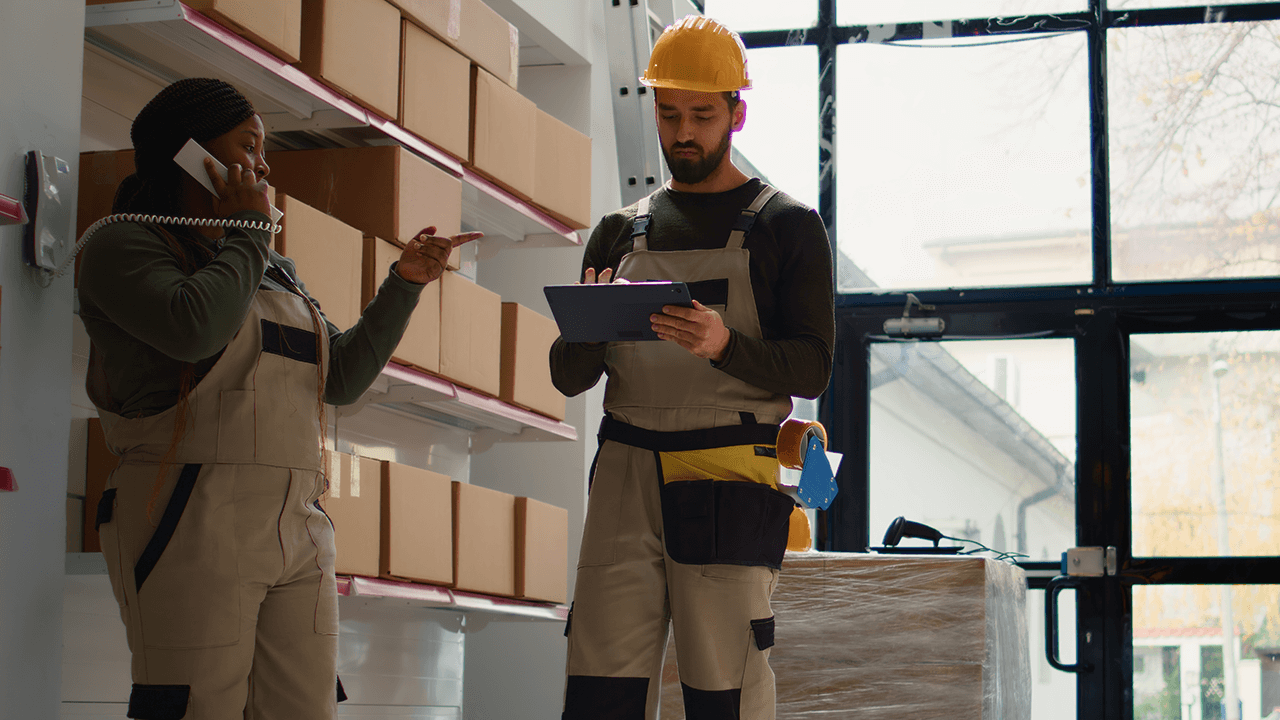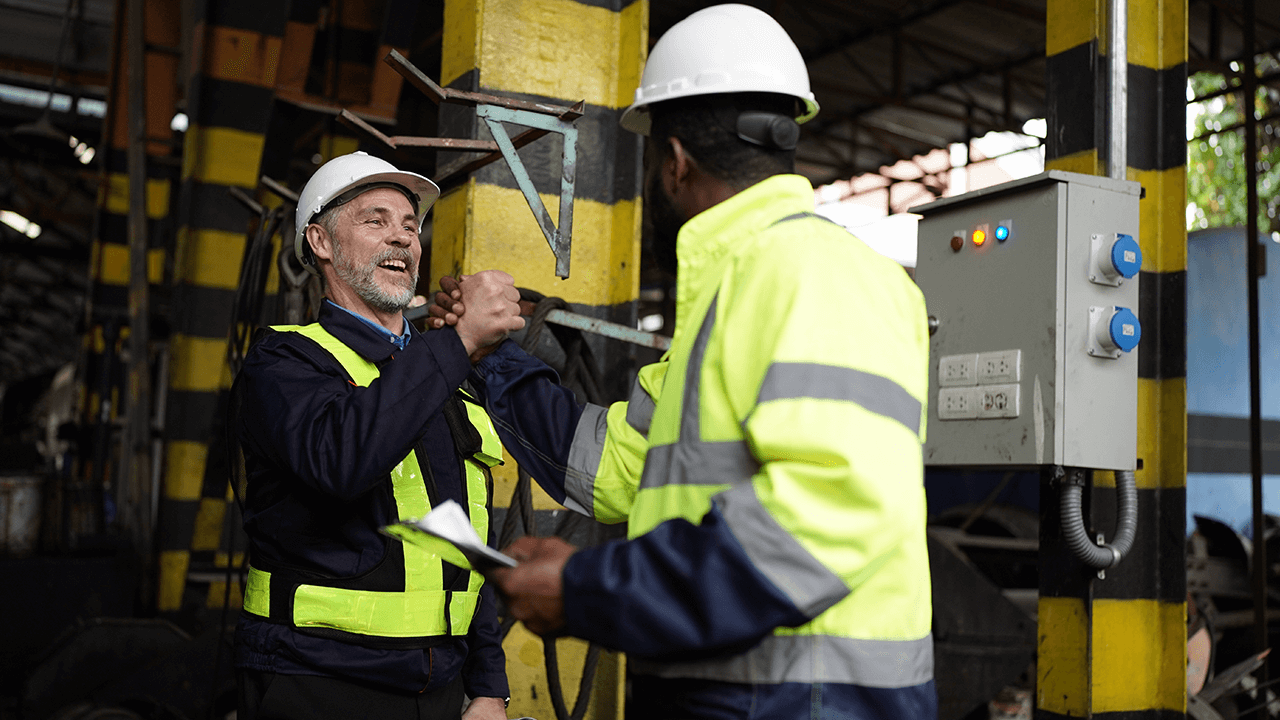Feature your business, services, products, events & news. Submit Website.
Breaking Top Featured Content:
How to Hire a Facilities Manager

A facilities manager is essential for the efficient, smooth operation of different educational institutions, hospitals, office buildings, and other types of facilities. They do a number of things, including overseeing maintenance schedules and coordinating repairs.
Why Hire a Facility Manager?
Small businesses need a dedicated facility manager for several reasons.
- They manage and create budgets for capital projects, utilities, and facility maintenance.
- They make sure a facility complies with building codes and government regulations.
- The facility manager also develops safety protocols and emergency response plans.
They can even be responsible for handling vendor contracts and managing budgets, as well as building a team with contractors and freelancers to achieve operational efficiency.

Key Responsibilities of a Facilities Manager
Here are some of the tasks facility managers take on.
Equipment Management
A facility manager maintains an inventory of the assets and equipment. They develop maintenance schedules and training plan templates for replacements and upgrades in an office space or warehouse.
Maintenance
They develop a comprehensive plan that covers the building’s infrastructure, equipment, and systems. The facility manager also oversees scheduled maintenance and implements routine inspections.
A facilities manager can also look after contractors and vendors who are responsible for maintenance, as detailed in their facilities manager job description.

Cleaning
The facility manager also develops standards and cleaning schedules. They buy the equipment and supplies and supervise the janitorial staff who provide cleaning services.
Security
Experts in facility management create a safe environment by overseeing alarm systems, access control, and surveillance systems. If you’re interested in learning how to hire a facilities manager, understanding these aspects is crucial.
A facility manager also ensures that relevant procedures and policies are enforced, such as determining whether or not you should hire a family member for particular roles in the business.

Hiring a Facilities Management Company
The best way to get a good facilities manager is by hiring a company. Following is some of the information you’ll need to consider to bring one of these companies into the fold.
The Features
A good company should be data-driven and have specialized knowledge. A good management company is also cost-efficient. They should save you money by maintaining facilities through smart vendor relationships.
They also need to have a diverse skill set that includes everything from security to HVAC capabilities. They can guide you through how to onboard new employees and integrate them into your existing teams.

The Benefits
Hiring a company means that you’ll have an efficient allocation of resources and reduced operational costs. There’s no need for in-house training and hiring, and you’ll be able to access a team of facilities managers with a broad skill set.
The right choice depends on the size of your enterprise and budget. You have direct control and oversight if you hire an in-house facility manager. However, a facilities management company gives you access to a broader range of experience. Either way, the facilities manager experience needs to check several boxes during the hiring process, including utilizing various job platforms for recruitment.

Qualities of a Good Facilities Manager
| Consideration | Description | Why It’s Important | Action Steps |
|---|---|---|---|
| Job Description | Clearly outline duties, responsibilities, and qualifications | Sets expectations and helps attract the right candidates | Draft a comprehensive job description |
| Required Experience | Determine level of experience needed | Ensures capability to handle complex tasks | Include in job posting |
| Necessary Certifications | Identify relevant certifications, if any | Validates skills and knowledge | Check industry standards |
| Technical Skills | List specific technical skills required | Crucial for day-to-day tasks | Identify and list in job posting |
| Soft Skills | Communication, leadership, problem-solving | Vital for managing teams and crises | Discuss in interviews |
| Compensation Package | Decide on salary, benefits, etc. | Competitive packages attract better candidates | Research industry averages |
| Interview Process | Decide on interview rounds, tests, etc. | Helps evaluate suitability | Develop an interview strategy |
| Background Checks | Verify history, references, criminal record | Ensures trustworthiness | Include in hiring process |
| Onboarding Process | Plan for training and introduction | Aids faster integration into the company | Develop a comprehensive onboarding plan |
| Performance Metrics | Set KPIs and methods for evaluations | Provides structure for performance reviews | Define and communicate to the new hire |
Here are the characteristics and features you should look for in a top facilities manager.
- Technical expertise tops the list. A good manager can propose innovative solutions in various arenas, including security and plumbing, electrical systems, and HVAC.
- Top facility managers have outstanding organizational skills. They excel at strategic planning and developing effective maintenance schedules.
- They are knowledgeable about regulatory compliance and keep themselves informed about federal, state, and local regulations.
A top facilities manager has excellent leadership skills that motivate and empower teams. They foster excellence and professional development.

Steps to Hire a Facilities Manager
Use the following steps to hire the right candidate.
Facilities Manager Job Description
Clearly lay out the roles, expectations, and qualifications required for a qualified candidate. The language should be free from jargon and technical terms.
- You’ll need to highlight both desirable and essential qualifications in bullet points to make them easy to scan.
- Provide a comprehensive description of all systems, equipment, and facilities that the candidate will be required to manage.
Don’t forget to highlight the perks and benefits offered, like healthcare and competitive salaries, as well as the unusual ways to promote a job opening.

Where to Find Facilities Manager Candidates
There are several good locations to find candidates.
- Online, there are platforms like LinkedIn, Glassdoor, and Indeed.
- Specialized job boards include BOMA (Building Owners and Managers Association) Career Center
- Find a good candidate through alumni networks and recruitment agencies as well
Reviewing Facility Manager Resumes
It’s important to find a candidate who has the right special skills, qualifications, and experience so downtime and operational disruptions are minimized. You can avoid safety issues and noncompliance with regulations by carefully reviewing a candidate’s resume.

Interviewing Facilities Manager Candidates
There are a few things a hiring manager needs to focus on during interviews.
- Questions need to be well thought out and open-ended to encourage detailed responses.
- Ask about a candidate’s understanding of relevant regulations and their knowledge of equipment and technical systems.
- Find out about their ability to handle conflicts using scenario-based questions.
- Ask about specific accomplishments and projects they worked on in the past. Find out about the size of the teams they’ve managed.
Don’t forget to find out about how they adapt to management software and other technological advancements, and send an interview rejection letter if they are not the right fit.

Assessing Cultural Fit for The New Facility Manager
It’s important they fit in well with the existing team and company culture. That way, they are more likely to embrace any small business’s vision, mission, and values.
A candidate who aligns well with the company culture is able to collaborate effectively with departments such as HR, finance, and operations. This emphasizes the importance of reducing hiring bias throughout the entire process, especially when considering how to hire a facilities manager.

Job Offer and Onboarding
A transparent job offer that details benefits, compensation, and responsibilities helps everyone understand what’s expected. It should comply with labor regulations and laws.
An effective onboarding process helps new candidates immerse themselves in a small business’s environment, values, and culture. Assigning a mentor helps the new facility manager assimilate quickly.

[iframe width=”100%” src=” https://www.youtube.com/embed/NgmpVImNULA?si=NLLWHo4fpTUVzT0M ” title=”YouTube video player” frameborder=”0″ allow=”accelerometer; autoplay; clipboard-write; encrypted-media; gyroscope; picture-in-picture; web-share” allowfullscreen][/iframe]
FAQs: How to Hire a Facilities Manager
Here are some common questions and answers when you’re hiring a facilities manager.
What is the difference between a facilities manager and a property manager?
A facilities manager oversees the infrastructure and physical assets of a building. Their responsibilities include maintenance, operations, safety, and compliance. If you’re looking to learn how to hire a facilities manager, understanding these key roles is essential.
A property manager is responsible for the entire property. That includes the buildings and the surrounding land. They look after a variety of different roles that include tenant relations and financial matters.
How do facilities managers ensure compliance with regulations?
A facility manager stays informed about relevant local, state, and federal codes and standards. They put together a comprehensive compliance strategy and conduct regular audits.
Should a facilities manager have certifications?
Certifications in this field signify a high level of expertise and a dedication to maintaining industry standards and professionalism. Notable certifications include the Certified Facility Manager (CFM) and the Certified Manager of Maintenance (CMM).
How often should a facilities manager provide reports?
General guidelines include:
- Operations and maintenance reports on a weekly or monthly basis.
- Financial reports to cover expenses and budgets on a monthly or quarterly basis.
- Status reports that evaluate the condition of a facility once a year.
What is the difference between a workplace manager and a facilities manager?
A workplace manager focuses on the working environment to enhance employee satisfaction, productivity, and well-being. A facilities manager focuses on the operational aspects of a physical facility, like maintenance or repair.
Image: Envato Elements
This article, “How to Hire a Facilities Manager” was first published on Small Business Trends



